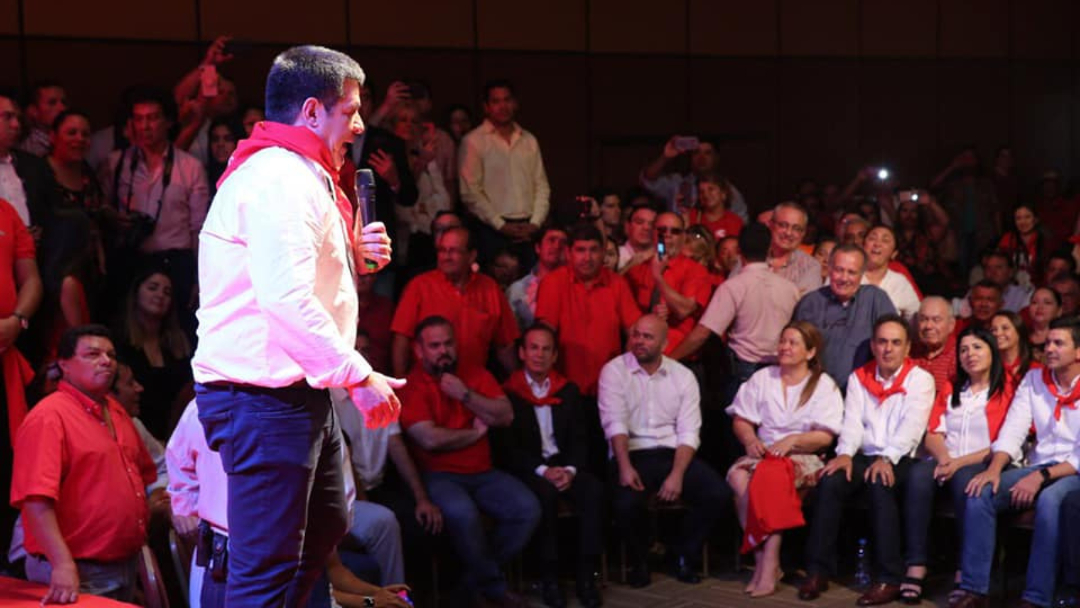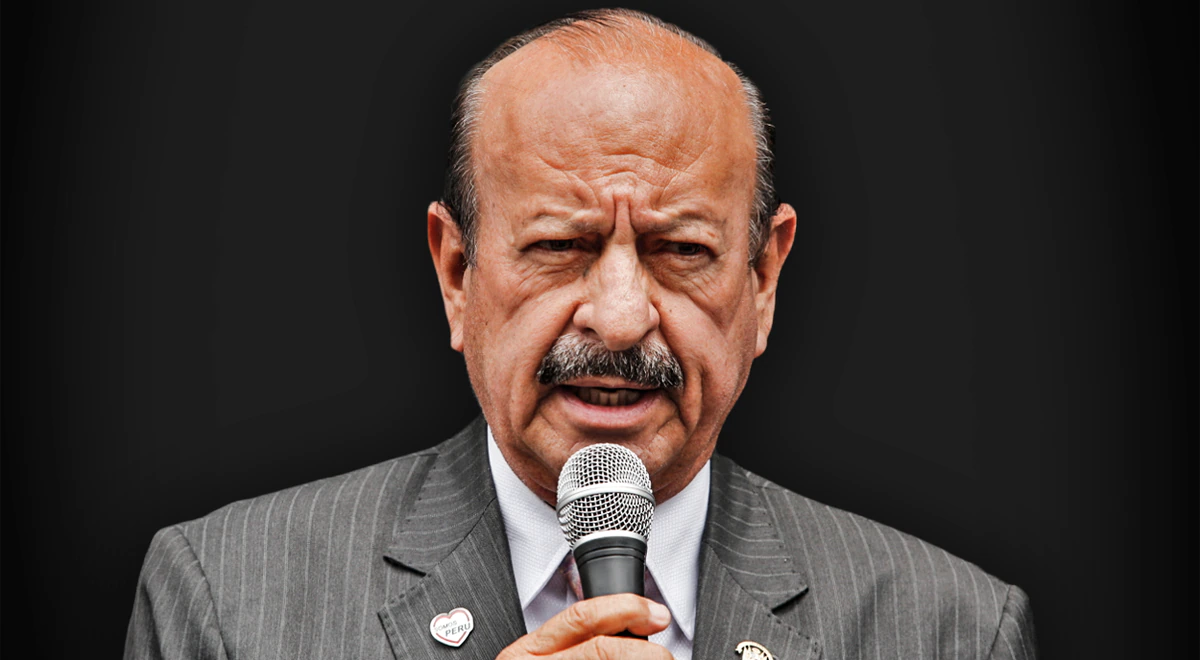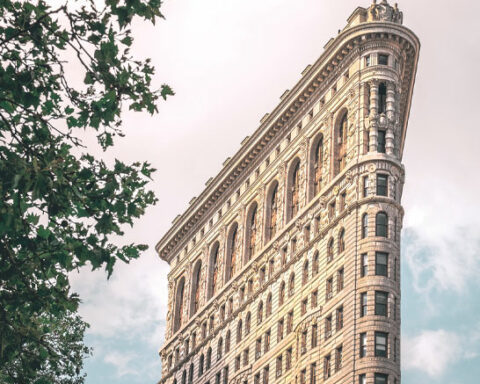In a report called “The dark side of the illicit. Economies and TBML: Free Trade Zones, Ports and Safe Financial Havens” (The Dark Side of Illicit Economies and TBML: Free Trade Zones, Ports, and Financial Safe Havens in English), prepared by the International Coalition Against Illicit Economies (ICAIE), a non-profit organization based in Washington, DC, reveals various illicit activities that occur in the triple border.
According to the report, the Triple Border Area (TBA) is located on the common border between Argentina, Paraguay and Brazil and is mainly made up of three cities: Puerto Iguazú, Argentina; East City, Paraguay; and Foz do Iguaçu, Brazil. Historically, this area has been a place of smuggling. refuge and center of multiple illicit networks. Recently, the instability in Venezuela and the increased enforcement of anti-money laundering measures in Panama and the Caribbean have increased the attractiveness of the region for transnational crime groups seeking to launder illicit funds.
The economy of the Triple Frontier is believed to be worth approximately US$10 billion. However, estimating an exact amount is difficult due to the country’s extensive cash market, massive informality, and widespread smuggling operations.
The convergence of criminal and terrorist interests poses a significant security risk, as it offers the opportunity to transport products across borders with little risk of encumbering law enforcement. This, due to the inadequate regulation of the TBA, organized crime has a vital outlet for the transport of illegal goods and services. For example, it is estimated that 6 billion cigarettes are smuggled through the TBA each year, equivalent to $900 million in potential lost Paraguayan tax revenue. The majority is supposed to be used to finance transnational organized criminal and terrorist organizations such as Hezbollah, which has a notable presence in the area.
Recent public revelations that the personal wealth of former Paraguayan President Horacio Cartes (2013-2018), a cigarette tycoon even before he became president, rose $360 million during his time in office is a case study in how the TBA facilitates corruption and money laundering.
According to a Paraguayan intelligence report, and Paraguayan media reports, the former president, before and during his time in office, smuggled billions of cigarettes across the porous border with Brazil.
The millions of dollars in profits were laundered through international banks in Brazil, Spain, China, Argentina and the United States, as well as exchange houses on the borders The money was repatriated to Paraguay through a series of shell companies linked through of interlocking directories.
Additionally, organized crime structures often operate through trust-based family and clan ties, particularly the Lebanese Shia business clans in the case of the TBA who often collaborate with Hezbollah. Ethnic ties and shared ideology help organized crime groups mitigate risks by interacting with more trusted individuals by building trusted networks to move drugs, firearms, and people across borders. For example, the Triple Frontier has seen a population influx of 11,000 Muslim immigrants since 2001. This population growth has been exploited by people linked to Sunni Islamist groups such as Egypt’s Al-Gama’a al-Islamiyah and Al-Jihad, al Qaeda, Hamas, Hizballah, and al-Muqawamah.
These Islamic terrorist groups have reportedly used the TBA to raise funds, engage in drug trafficking, money laundering, and plotting against their adversaries.





